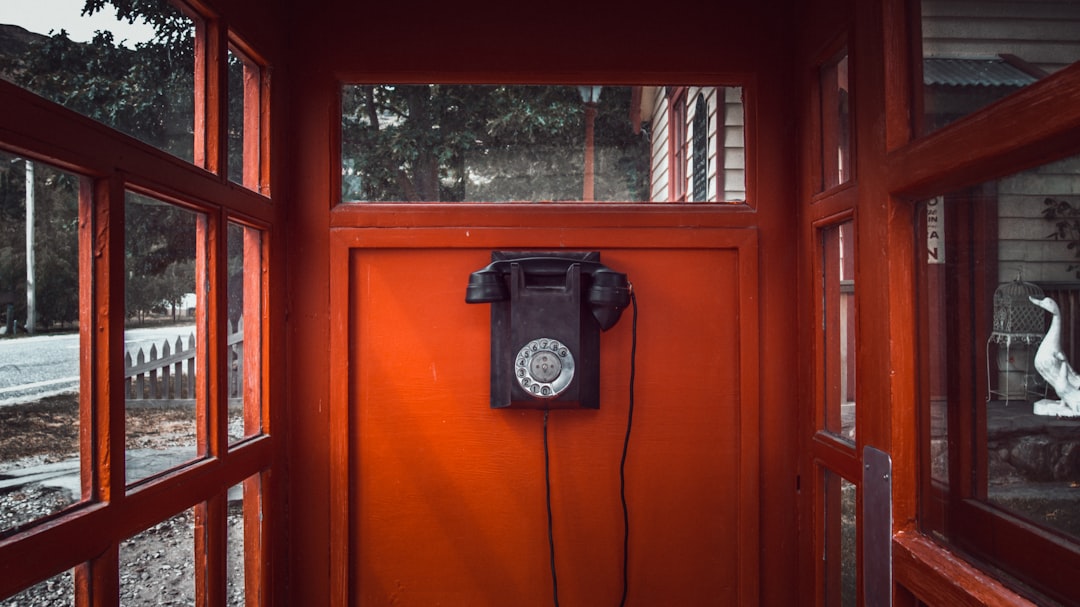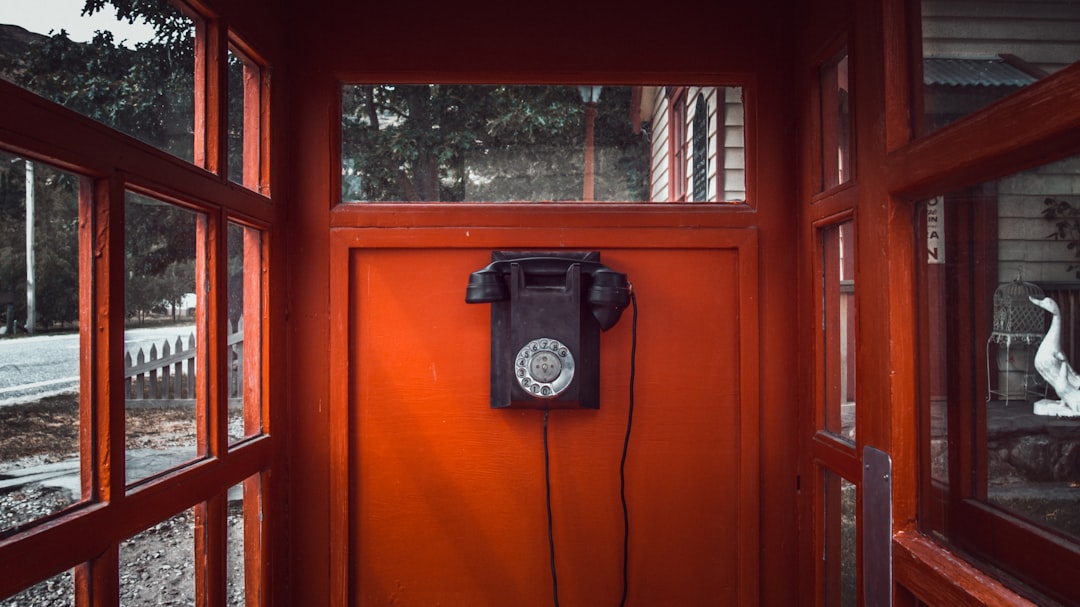In Iowa, adhering to "no call" laws is crucial for businesses and individuals to avoid legal issues from unwanted spam calls. These laws restrict telemarketer contact times, with penalties for violations often committed by aggressive spam call law firms. Residents can protect themselves by filing complaints with relevant authorities or consulting specialized No Call Lawyers/Attorneys who guide them on taking action against violators. Recognizing illegal robocalls and understanding No Call Laws are key to protecting privacy and avoiding scams. Persistent spam calls despite registration on the Do Not Call Registry necessitate legal help from these professionals, who can navigate laws, file complaints, represent in court, and seek damages. Combining these strategies offers effective protection against unwanted calls.
“Navigating the complex world of robocalls can be a daunting task. With strict No Call Laws in place, especially in Iowa, understanding your rights and the legalities behind these automated calls is crucial. This comprehensive guide aims to empower folks in the Hamptons by distinguishing between legal and illegal robocalls. From recognizing common scams to knowing when to consult a No Call Lawyer in Iowa, this article offers practical insights into tackling unwanted spam calls effectively. For those seeking legal counsel, exploring reputable No Call Law firms in Iowa can provide much-needed assistance.”
Understanding No Call Laws in Iowa: A Comprehensive Overview

In Iowa, understanding and adhering to “no call” laws is crucial for both businesses and individuals to avoid legal repercussions. These laws, part of a broader effort to combat unwanted spam calls, restrict when telemarketers can contact residents. Generally, these restrictions include prohibiting calls to numbers on the Do Not Call Registry and limiting marketing calls to specific times or requiring prior consent.
Iowa’s no call laws are enforced by both state regulators and private attorneys, including specialized no call lawyers and no call attorneys. Those found violating these regulations, often through aggressive or deceptive practices by spam call law firms, can face substantial fines. Residents concerned about potential violations or seeking redress have recourse through the state’s Attorney General’s Office or by consulting with legal professionals specializing in no call laws Iowa.
Identifying Legal Robocalls: Your Rights and Protections

Recognizing legal robocalls is an important aspect of protecting your rights as a consumer in Iowa. While many people view all automated calls as unwanted or even fraudulent, some robocalls are entirely lawful and designed to inform you about products, services, or upcoming events. These legal calls adhere to strict regulations set forth by the Telephone Consumer Protection Act (TCPA) to ensure consumers’ privacy and consent. If a company has your phone number, they must have obtained it through fair means, such as buying it from a data broker, or you’ve given them permission to contact you.
In Iowa, no-call laws protect residents from certain types of telemarketing calls, especially those made without prior express written consent. If you receive a robocall and suspect it might be illegal, consider your rights to file a complaint with the Federal Trade Commission (FTC) or contact a No Call Lawyer/No Call Attorney in Iowa who specializes in such matters. These legal professionals can help you understand your rights under the Spam Call law firm and guide you on taking action against companies that violate No Call Laws in Iowa.
Spotting Illegal Robocalls: Common Red Flags and Scams

Recognizing illegal robocalls is an important step in protecting yourself from potential scams and violations of your privacy. Here are some common red flags to look out for when it comes to identifying unwanted automated calls:
1. Unsolicited Nature: If you receive a call from an unknown number, promoting products or services without prior consent, it’s likely a robocall. These calls often use automated dialing systems to make mass phone calls, disregarding Do Not Call lists and individual preferences.
2. Press Urgent Buttons: Scammers often instruct recipients to press a certain button on their phone to speak with a representative or stop the calls. This is a tactic to create a false sense of urgency and may lead to individuals making impulsive decisions. Be wary of such requests, especially when the caller demands personal or financial information. Legitimate organizations generally do not employ these aggressive methods.
For assistance in navigating no-call laws and dealing with robocalls, consider reaching out to a specialized No Call Lawyer or No Call Attorney in Iowa. These legal professionals can guide you through your rights and options, ensuring compliance with No Call Laws in the state while helping to stop unwanted spam calls from harassing you further.
When to Hire a No Call Lawyer or Attorney in Iowa

In Iowa, if you’re frequently receiving unwanted or spam calls, knowing when to hire a No Call Lawyer or Attorney can be crucial for protecting your rights under the state’s No Call Laws. If you’ve registered on the Do Not Call Registry and still receive repeated calls from telemarketers or scammers, it may indicate a violation of these laws. A No Call Lawyer in Iowa can help you understand your legal options and take appropriate action. They can file complaints with the state, represent you in court if necessary, and seek damages for any financial losses incurred due to these illegal calls.
When deciding whether to hire a No Call Law Firm or Attorney, consider the frequency and nature of the spam calls, as well as any distress they’ve caused. If the calls are persistent despite your efforts to stop them, involve threats, or have led to financial harm, consulting a legal professional is a wise step. Remember, state laws like Iowa’s Spam Call law are designed to protect residents from unwanted and harassing phone calls, and exercising your right to legal recourse can help ensure these laws are upheld.
Effective Strategies to Deal with Unwanted Spam Calls

Dealing with unwanted spam calls can be a nuisance, but there are effective strategies to combat them and protect your privacy. One of the most crucial steps is to understand your rights under Iowa’s No Call Laws. These laws regulate telemarketing practices and give you the power to stop unsolicited calls. If you’re experiencing persistent spam calls, consider contacting a No Call Lawyer or No Call Attorney in Iowa who specializes in these laws. They can help you navigate your rights and take legal action if necessary.
Many No Call Law firms in Iowa offer consultations to discuss your options. You can also register your phone number on the Do Not Call Registry, which is a federal database designed to reduce unwanted calls. Additionally, using call-blocking apps or hardware filters can significantly reduce spam calls. These tools identify and block numbers associated with telemarketing activities. By combining legal knowledge, registration, and technological solutions, you can take charge of your phone lines and minimize the impact of spam calls.






